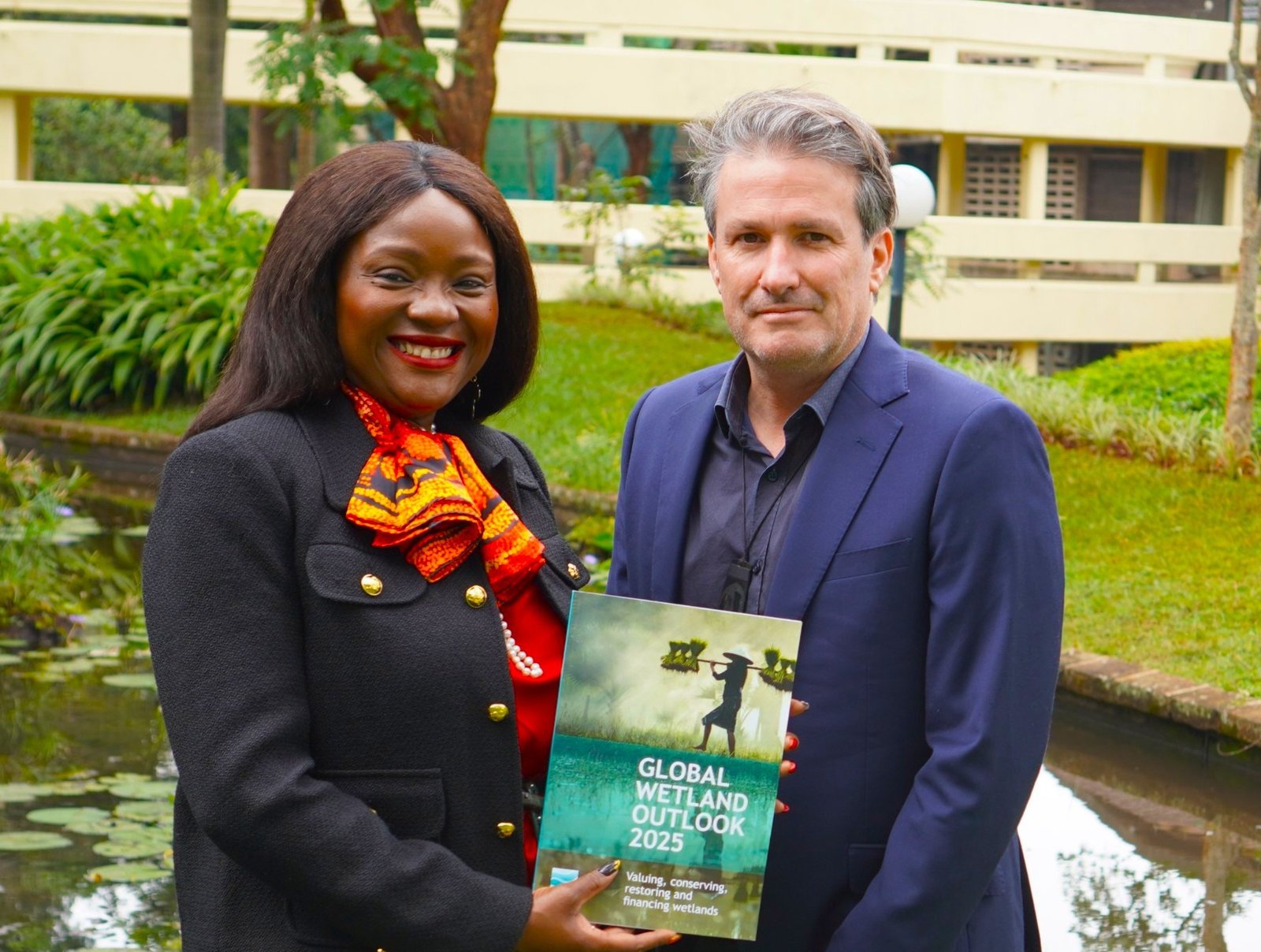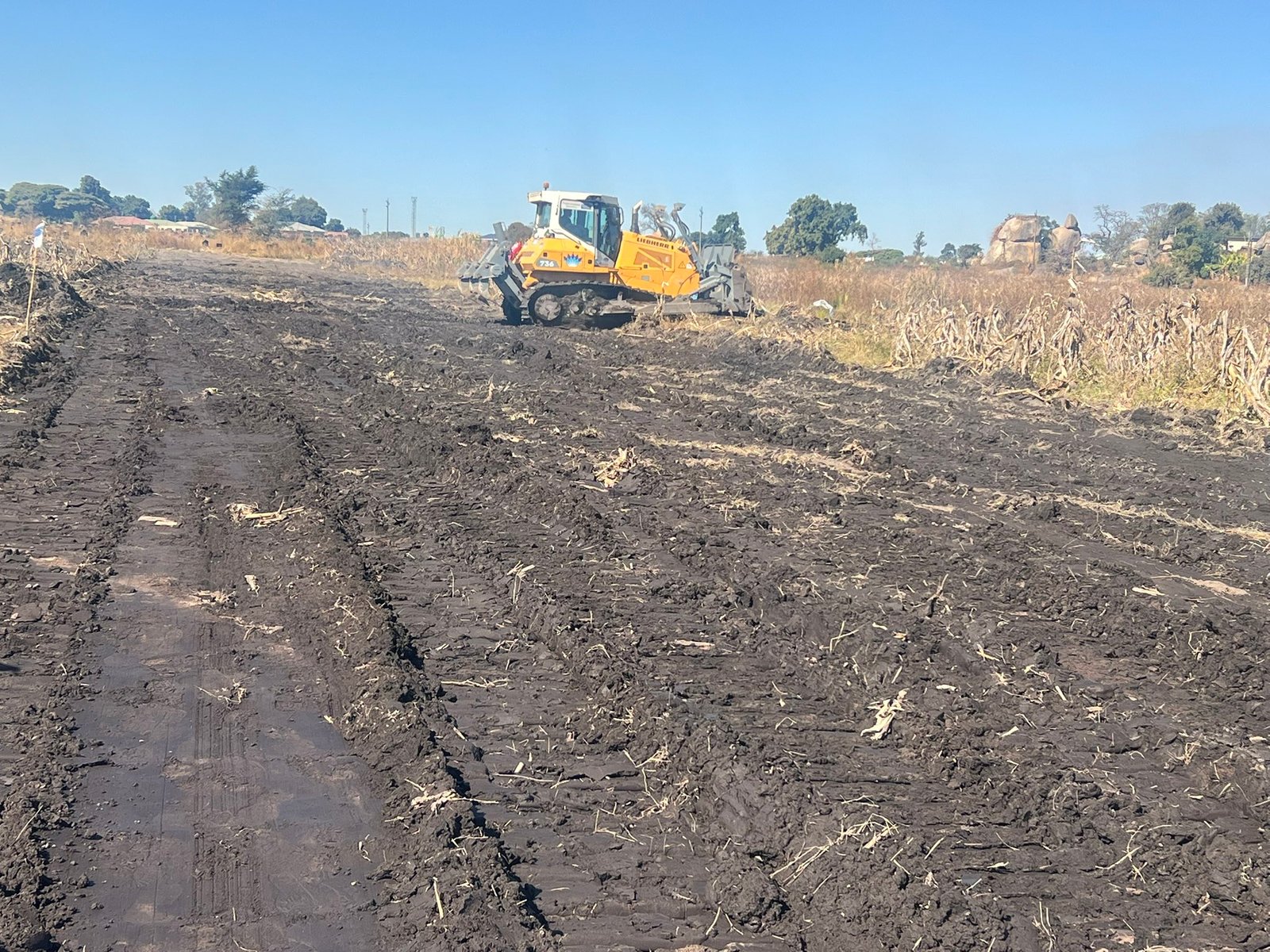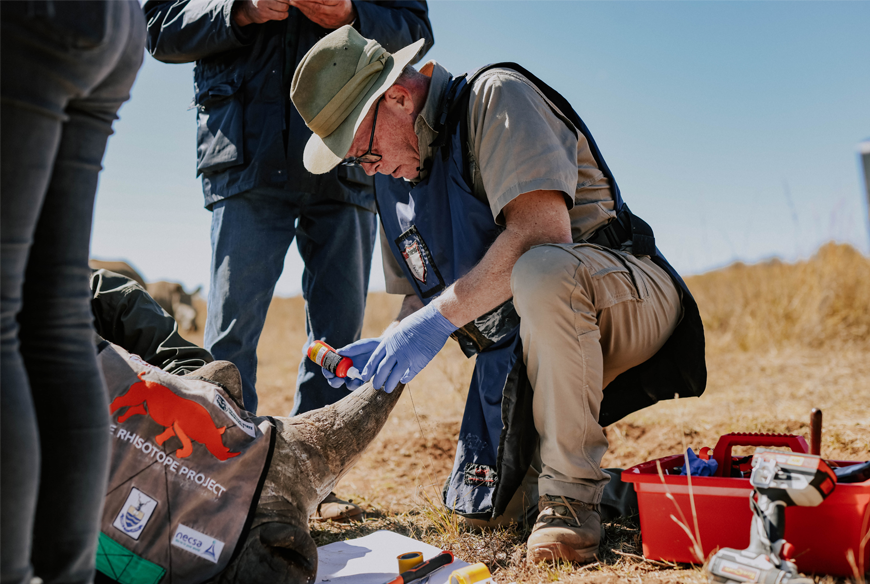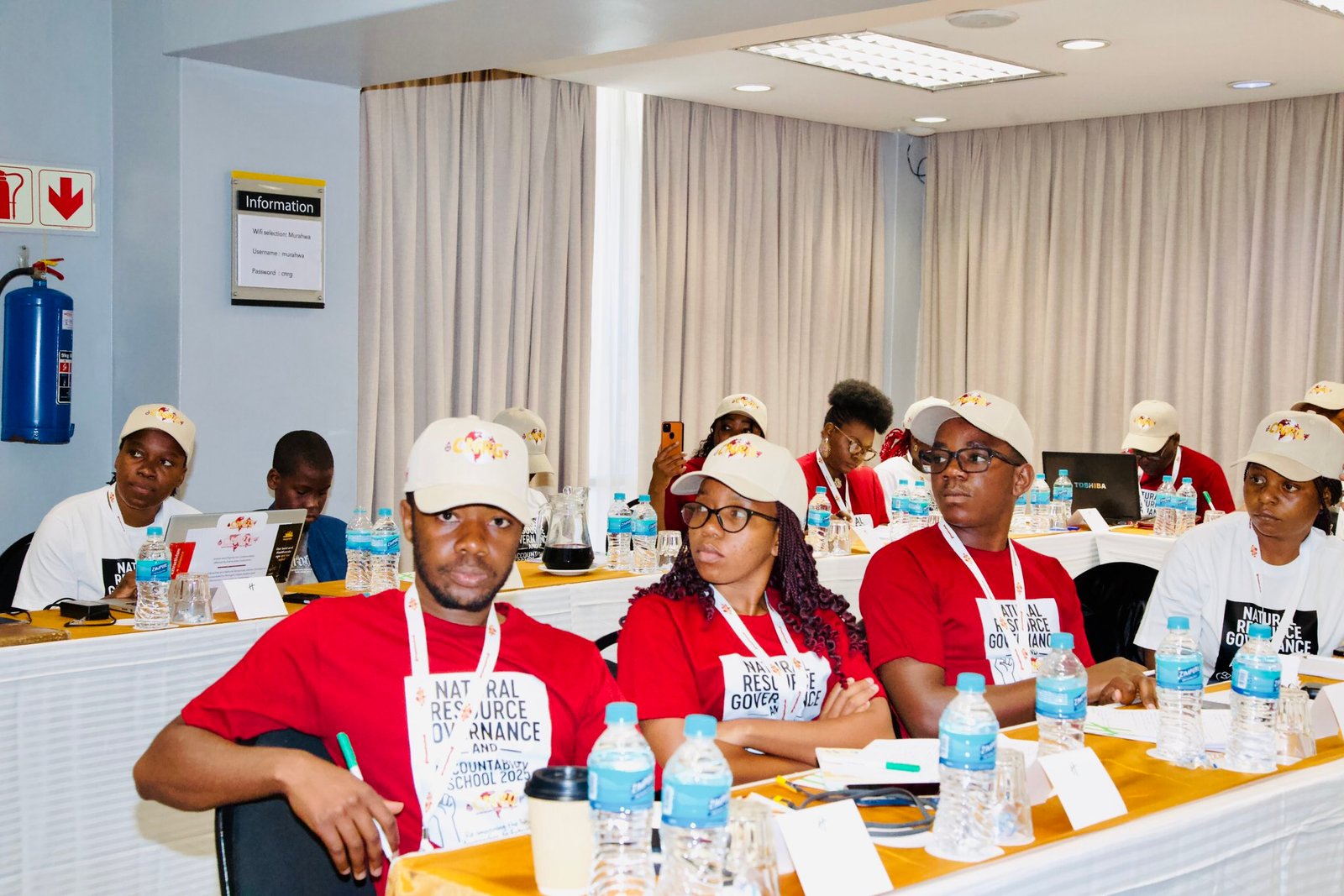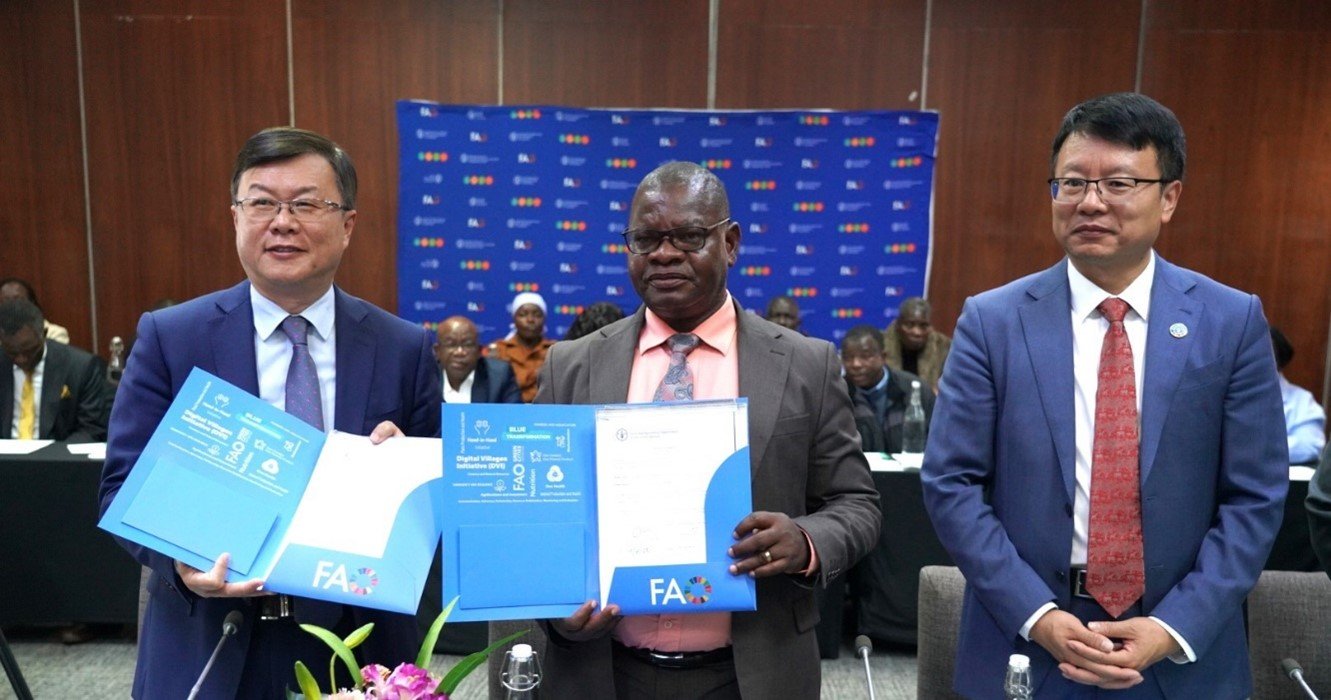The ongoing destruction of wetlands worldwide could result in the loss of up to $250 trillion in economic benefits by 2050, according to the 2025 edition of the Global Wetland Outlook (GWO) released on Tuesday.
Wetlands, which provide critical ecosystem services such as water filtration, flood protection, carbon storage, and support for agriculture and fisheries, are being lost at an alarming rate. The report estimates that at least 22% of the world’s wetlands have disappeared since 1970, with an average annual decline of 0.52%, equivalent to over 411 million hectares.
“The scale of loss and degradation is beyond what we can afford to ignore,” said Hugh Robertson, the chair of the Scientific and Technical Review Panel and lead author of the report.
“Many wetland types remain poorly mapped, so it is likely that the actual loss is even greater. This figure does not include wetlands that still exist but are in a degraded state. It is estimated that 25% of the world’s remaining wetlands are also in poor ecological health.”
The degradation is attributed to a combination of factors including unsustainable agricultural practices, urban expansion, climate change, and poor water management.
Despite widespread recognition of their importance, wetlands remain among the most threatened ecosystems.
Dr Richard Munang, an environment and development policy expert, described the trend as a “collapse in slow motion,” pointing to the loss of 411 million hectares as indicative of long-term environmental breakdown.
The report emphasizes the need to scale up funding and restoration efforts. Although positive outcomes from wetland restoration are being recorded globally, the GWO notes that financing remains critically low. Currently, biodiversity conservation accounts for just 0.25% of global GDP.
The report highlights initiatives such as the Mangrove Breakthrough, which aims to close the conservation funding gap, and underscores the importance of upcoming policy forums to drive global action.
“The upcoming 15th Ramsar Conference of the Parties (COP15), hosted by Zimbabwe, presents a critical opportunity to amplify global commitment and drive meaningful change, especially in Africa,” said Musonda Xoliswa Mumba, Secretary General of the Ramsar Convention on Wetlands.
The report comes a week ahead of the Ramsar COP15 summit in Victoria Falls, a gathering of 172 countries under the Convention on Wetlands, a global treaty signed in 1971 to promote wetland conservation and wise use.

